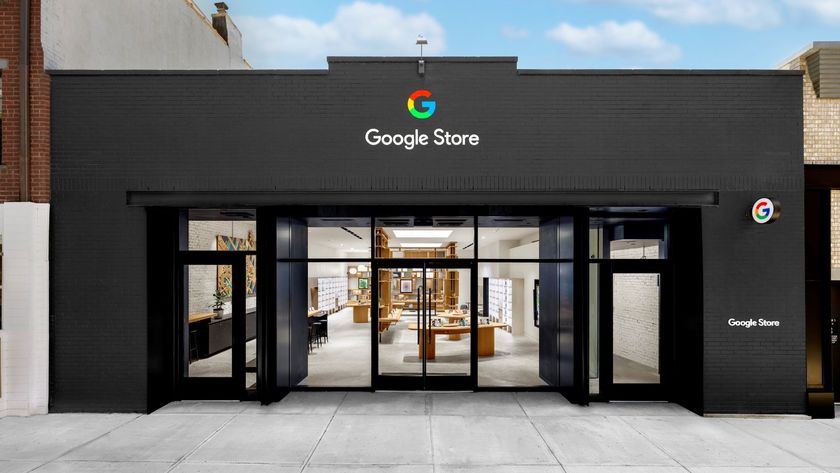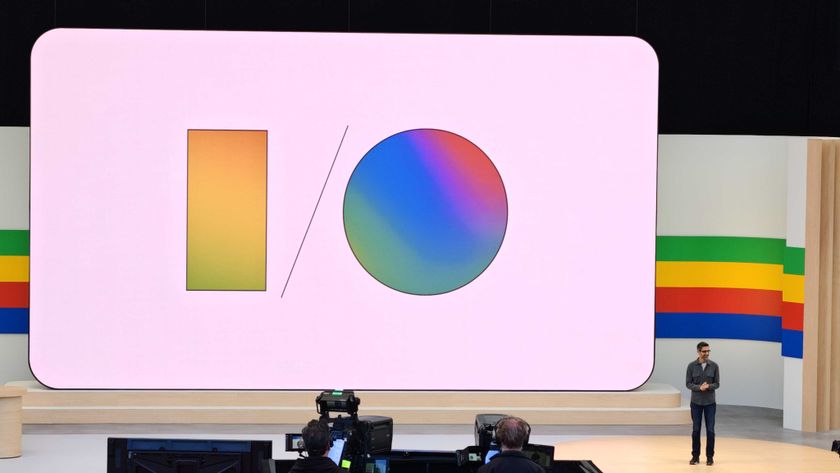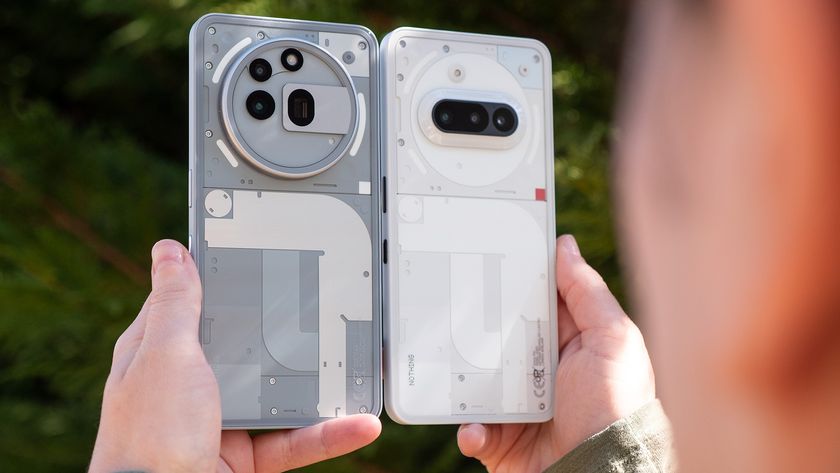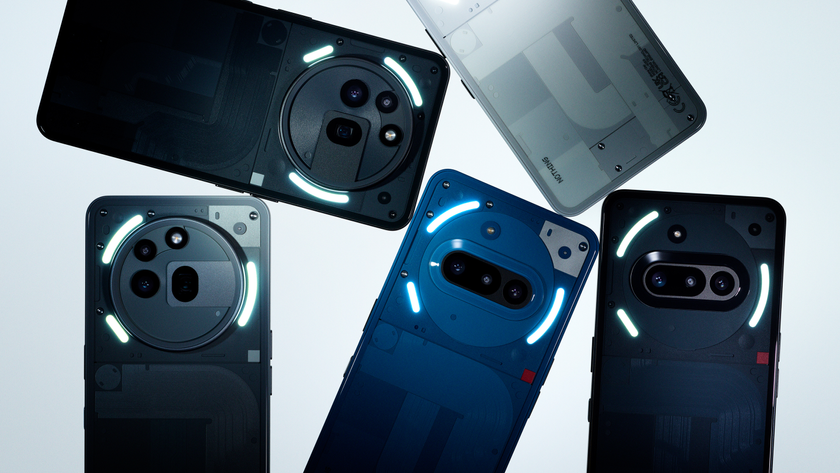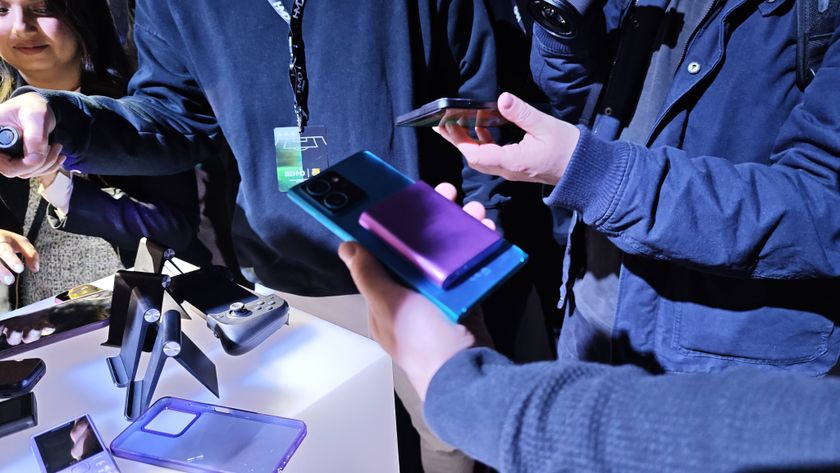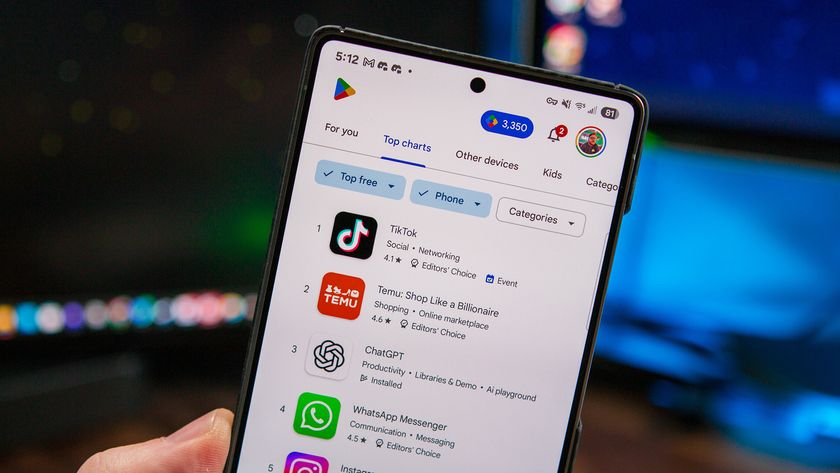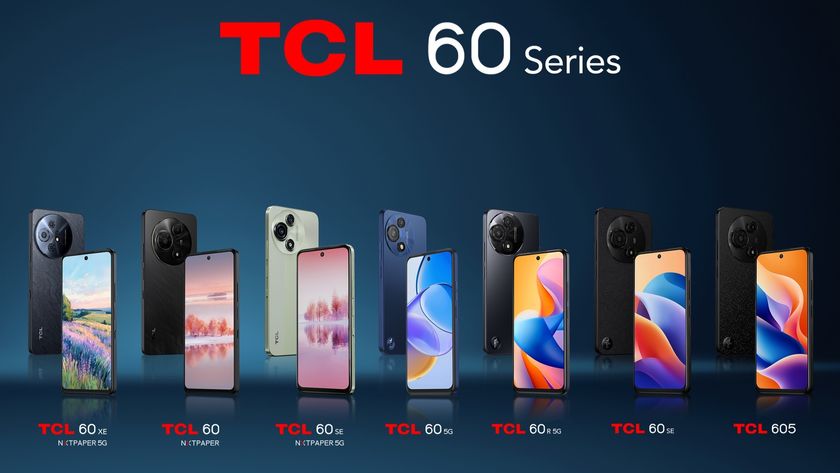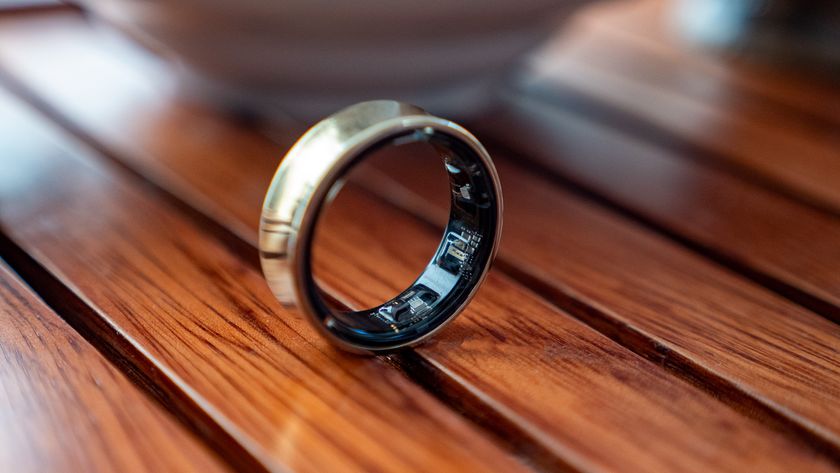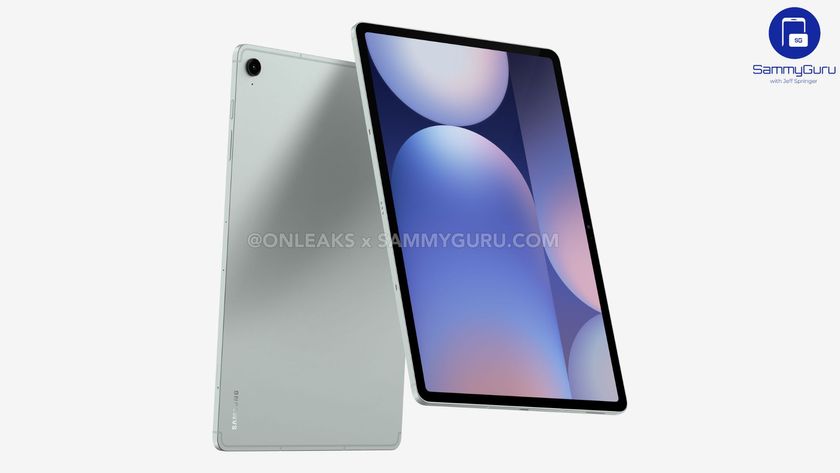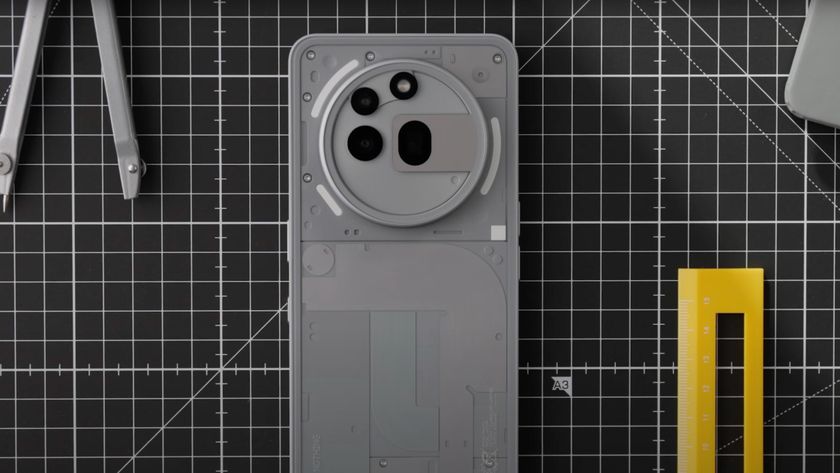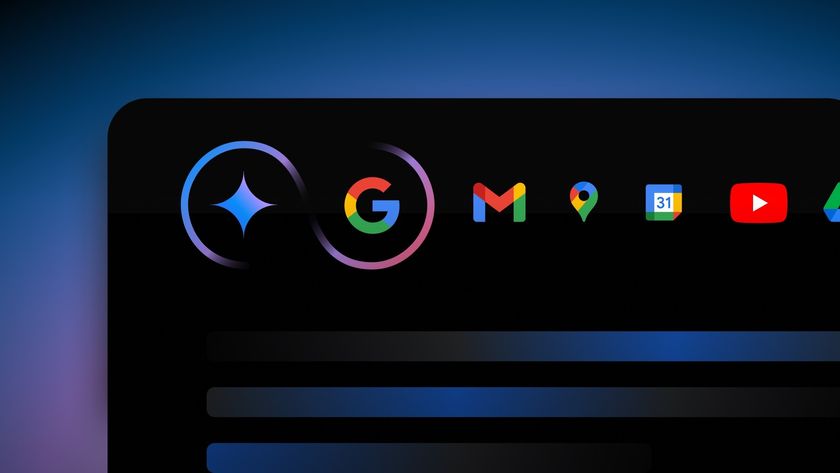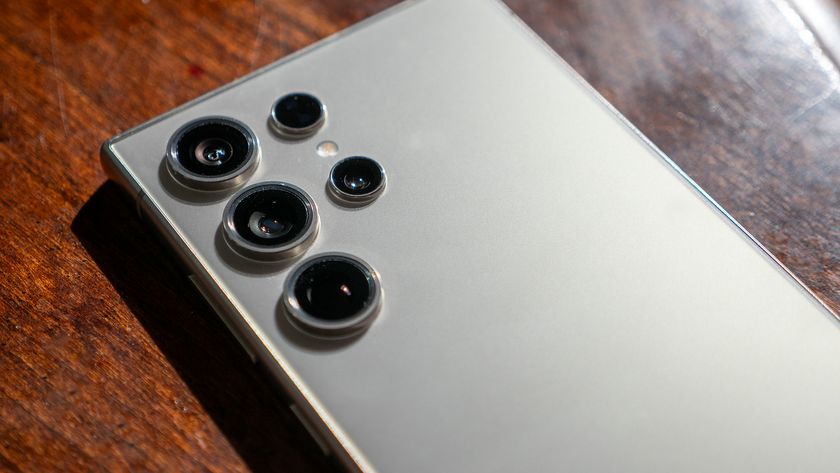Pixel hype: Can the first real 'Google phone' make a splash outside the Android bubble?
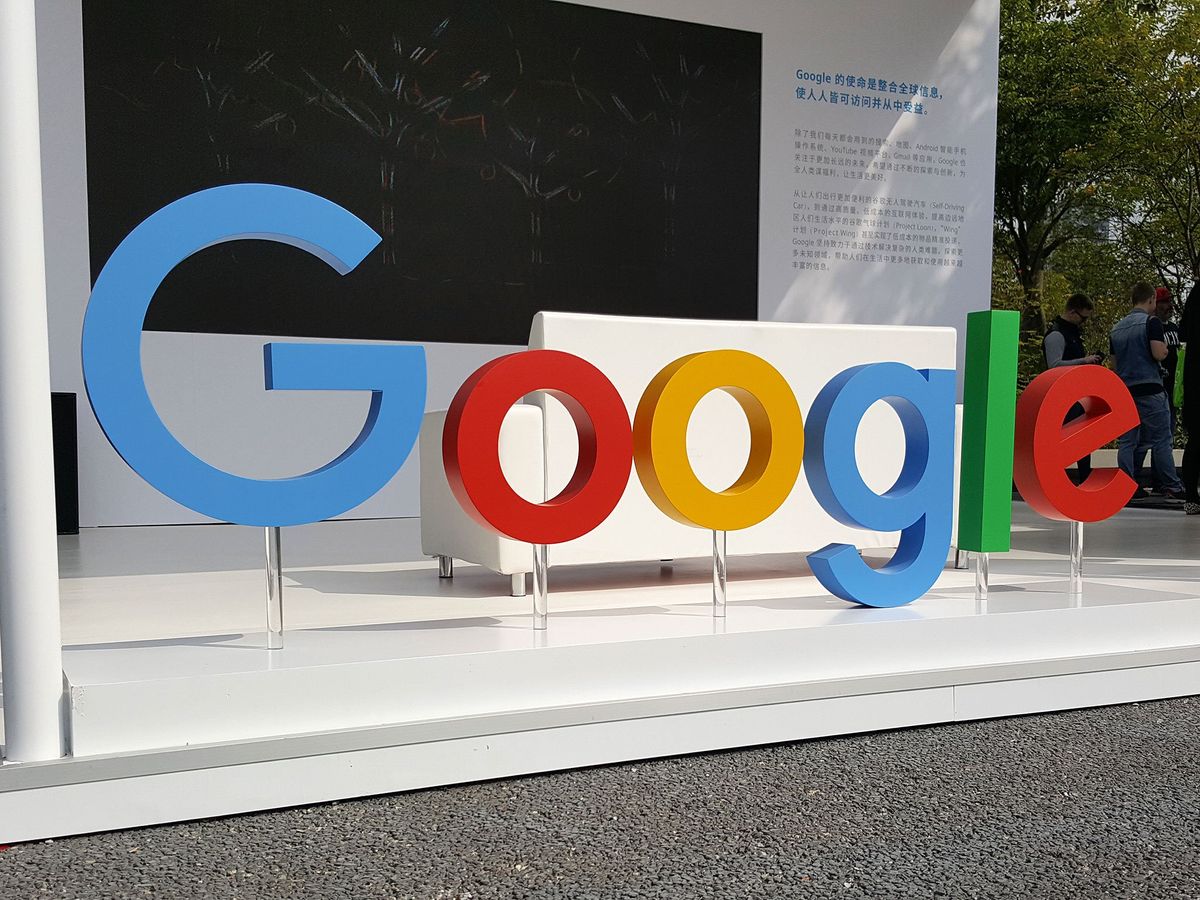
Do you have an Android phone?
No, I have a Galaxy.
Just about every one of us at Android Central have had some variation on that conversation over the past few years. It underscores the difference in how normal people — those who don't live and breathe smartphone industry nonsense every day — view phones. For the vast majority of humans, the way a phone looks and what it's able to do is way more important than the operating system it runs or how up-to-date its software is.
That's not to say consumers are ignorant, just that priorities outside of the Android/gadget nerd bubble are different.

Google's Nexus phones never enjoyed mass appeal.
That's partly why Google's Nexus phones didn't catch on in a big way. Taken as a whole, their biggest selling point was that they ran Google's software as the company intended, and got new Android versions as soon as they were available. With the possible exception of the Nexus 6P, Google and its partners largely struggled to nail other really important parts of the experience — fundamental things like camera and battery life. Even the most visibly popular Nexus, 2013's Nexus 5, sold because it was cheap. Without the Nexus badge or Google's software, it was a boring plastic nothing with bad battery life and a temperamental camera.
Perhaps just as importantly, Google never really learned how to play the carrier game in the U.S.
The move to the Pixel brand suggests that Google, through its new hardware division, is serious about making a phone for the sake of making a phone, not just as a reference device for developers and a niche curiosity for enthusiasts. Serious money is being spent on serious, real world advertising — the sort you would expect to precede a major new Galaxy device.
Be an expert in 5 minutes
Get the latest news from Android Central, your trusted companion in the world of Android
And the "made by Google" marketing line — although pedants will point out HTC, as an ODM, is actually behind the Pixel phones — is the first step in a journey that could take us through to new Google tablets and eventually laptops running the rumored 'Andromeda' OS. Google wants everyone to know it's serious about hardware, starting with the first Google phones next week.
Google needs to show normal people why its phones are exciting in a world that contains the iPhone 7 and Galaxy S7.
So at its October 4 launch event, Google needs to set expectations. More importantly, it needs to show normal people why its hardware is worth getting excited about in a world that contains the iPhone 7 and Galaxy S7. By all accounts, it'll be asking for a hefty chunk of cash for its Pixel phones. At that price point, excellence across the spec sheet is table stakes.
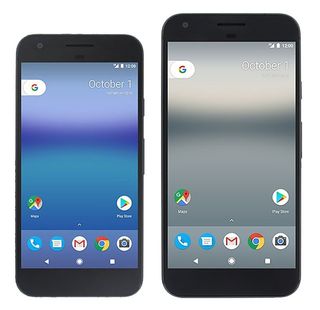
The challenge shouldn't be underestimated. Even ignoring the iPhone for a second, Samsung's making life really hard for anyone selling an Android phone for north of $600 — as evidenced by the fact that the generally decent HTC 10 hasn't made much of a dent in anything this past half-year. (Sure, Samsung's facing its own difficulty over exploding Galaxy Note 7s and an unprecedented global recall, but in the meantime it's still selling GS7s by the boatload.)
Both Apple and Samsung have full U.S. carrier coverage, almost unrivaled consumer mindshare and massive marketing budgets. Google may have money to spend, but it's effectively a newcomer in this field. The Google brand is valuable (second only to Apple, in fact), but mostly not associated with physical goods.
More: Everything we know about Google's Pixel phones
If the leaked specs are to be believed, the Pixels will use standard high-end Android internals, just like many other phones currently on sale. From what we've seen so far, the body containing all this stuff is a standard metal-and-glass affair, much like its soon-to-be rivals. Maybe it's software and services that'll differentiate things — Google's clearly been hard at work on a new UI for its own devices. But for a hardware-themed event, that seems like a bit of a mismatch.
When Microsoft does hardware events, we get crazy new concepts like the Surface and Surface Book. When Apple launches new hardware, we get Jony Ive in a white room talking about magnetized ultra-fine iron particle baths and buttons that aren't really there. If Google is to prove itself in the world of hardware, it needs something of similar impact, not just another pretty nice Android phone with decent Google software and services.
That'll determine whether Pixel becomes just another phone for enthusiasts, or whether it marks the beginning of Google as a major brand in hardware.
If so, maybe someday when you ask someone if they have an Android phone, they'll reply, "No, I have a Pixel."

Alex was with Android Central for over a decade, producing written and video content for the site, and served as global Executive Editor from 2016 to 2022.
